Bob Atwell on the future of the Universities of Wisconsin
Former Universities of Wisconsin Regent Bob Atwell discusses costs and benefits of college as more two-year campuses are closed and a legislative study committee considers options for moving forward.
By Frederica Freyberg | Here & Now
August 16, 2024
VIDEO TRANSCRIPT
Frederica Freyberg:
As a sign of the times, 35 tenured faculty from two-year Waukesha and Washington County campuses that had merged with UW-Milwaukee are expecting layoff notices. It's just the latest round of job loss and campus closures across the state as the Universities of Wisconsin administration acts to cut costs even as it tries to boost enrollment. A legislative study committee on the future of the UW system is grappling with just that. A member of that committee, former UW Regent Robert Atwell, has some firm ideas about how to move forward. We should know PBS Wisconsin is part of UW Madison. Mr. Atwell joins us now and thanks very much for being here.
Bob Atwell:
My pleasure, thank you Frederica.
Frederica Freyberg:
So I just want to ask, what kind of a freefall is the UW system apart from Madison in right now?
Bob Atwell:
Yeah, I think the system is facing very serious challenges and I think the Leg Council is becoming an important forum for really communicating with each other and with the people of Wisconsin about it. At the heart of it is the decline in enrollment. The Legislative Fiscal Bureau showed us data. Enrollment overall in the system I believe since 2010 has declined from 156,000 full-time equivalent students to 136,000, while Madison has grown by about 10,000 in that period. So you're looking at really a 25% to 30% decline in FTE attendance if I'm reading the data right at the campuses outside of Madison, and it's been a long-term trend. Jay Rothman — President Rothman — pointed out we did have an uptick in the current year, which is hopeful. But at the heart of that, there's just hard demographic facts which not only the university but institutions across the state are trying to deal with how to continue to serve and to take advantage of the ways we can serve now that we didn't used to into low growth, negative growth, aging population when you get outside of basically a few counties.
Frederica Freyberg:
So you were a regent when the decision was made to close UW-Richland but five more branch campuses have taken the axe since then. What is your reaction to this manner of cost-cutting?
Bob Atwell:
I mean, I respect President Rothman and my former colleagues on the Board of Regents who I think are actually beginning to take action. My opinion, and I've expressed it clearly within the regents and I expressed it at Leg Council, we're not acting aggressively enough and in particular, we're not creating the right public understanding, and we're taking incremental actions which it's not clear to me are actually addressing the fundamental problems. So I mean, I am of the opinion we need to freeze, to stop closing campuses, until we're ready to have the real conversation about how we're going to configure this system to meet the reality of the demography we have and how we're going to do that better. Which I think many institutions — whether it's hospitals, grocery stores, banks, K-12 — are grappling with these same issues and we're not immune to them at the university. So I voted, I think I voted for the Richland Center closing but frankly it just seems we're taking incremental actions. Data I'd really like to see is how much did we really save by those actions? And so I'm not averse to the idea of kind of reconfiguring things. In fact, I'm pretty sure it's necessary to figure out the role of tech schools, former two-year campuses and four-year campuses, but I don't think you're getting to the heart of our cost structure by just closing Fond du Lac or Richland Center. Enrollment is what the enrollment is, but I would prefer frankly — I live in rural areas, I have most of my time in the state — I think we need to preserve access locations to the maximum extent possible. But more importantly, we got to have the real data and the real discussion about what's happening.
Frederica Freyberg:
But aren't these closures just economic reality that has to be acted on right now given the structural deficits across the system?
Bob Atwell:
Yeah, well when you are facing long-term trends — and these are long-term trends — and you ignore them long enough, you get yourself backed into a corner where you have decisions between bad and worse. And what I'm advocating is that we try to act more aggressively to define our future rather than allowing it to happen to us and getting ourselves backed into a corner where we allow events to dictate to us what we're going to do. And I'd say that's what we're doing is we're reacting incrementally to facts as they exist in the moment instead of looking at it and saying "OK, how can we first of all pay our people?" 'Cause I'm tired of hearing about our pay gap and not doing anything about it. If we employ people, let's pay them at an appropriate level. It's going to make our financial situation look worse in the near-term but it also sets us up to make the right decisions and the good decisions. And we have digital, we're working on digital, and I give credit to President Rothman and the system for trying to develop a more aggressive digital strategy. But how can we keep student access places open throughout the state and serve more efficiently? I have my ideas on how to do that and it involves digital. Frankly, it involves lower administrative costs and we got to get our dollars behind the instructional staff and the people who actually do the frontline work in those systems who with the impact of COVID inflation have — I mean, their purchasing power, first of all — they were underpaid at the beginning of the pandemic and their purchasing power has been very dramatically affected at a level that doesn't affect higher paid people, frankly, like myself. Inflation is an annoyance to me but you're a PhD person making $60,000 a year and you lost 25% of your purchasing power, we got to do something about that. And I think we should start with that and then really look at where our actual cost structure is and how we're going to save money, and do better, and keep our access points open. That would be the linear program I want to solve for. But we're making decisions without really communicating to people what the problem is. So we're reacting and we're being acted upon by events instead of defining our future, and frankly if you'll allow me to say, there's a legitimate discussion about should we just shove more money into the system overall or should we step back, make the hard decisions and then reinvest? I am definitely in the second camp. I think except for paying our people at the median level, especially our instructional and frontline and the lowest income people in the system, I don't advocate more funding until we really have the conversation and formulate the hard decisions. And again, I know President Rothman and my former regent colleagues are serious about the problems, but I've seen a lot of organizations struggle with turnarounds and we're letting ourselves get backed into a corner and then we're making decisions that people don't understand, because we haven't told 'em what we're really dealing with and these demographic problems are not new. The declining fertility rate, the decline in young people, the aging of the population — this is stuff that's been obvious for 10 or 15 years, and we ignored it for a long time and now we're — anyway, I'm not letting you ask the questions. I'm sorry about that.
Frederica Freyberg:
No, it's all good. But I did want to ask you about putting money into the system. I know that Governor Evers has said that he would recommend $800 million in the next biennial budget to go to the UW system but that just seems like that's not something that would happen.
Bob Atwell:
Yeah, I don't support his position. I respect Governor Evers. We served on the Board of Regents together before he was governor. He's a good man, he has his philosophy, he's an educator. I think spreading more peanut butter over the current system is really going to, what we're really going to do is fund more internal competition. That's what we're going to do and it will pay to further delay the hard decisions the people of Wisconsin need us to make, and I want us to have the courage to really put the elephants in the middle of the room and deal with it. Why are our participation rates low? President Rothman talks about that — they are low. Why do people not pursue higher education here to the same degree they do in other states even surrounding us? Why is that? I know Jay and the system have the reasons they give, but I'm not sure we're listening enough to our non-customers. Like what is it they don't see about what we do as having value for them in their lives?
Frederica Freyberg:
Well, in fact I heard on that committee, I heard a lot of skepticism about the value of a college degree. Do you think that skepticism is misplaced?
Bob Atwell:
Well, let me say I'm a big believer in education. I wouldn't have spent a lot of time in the last eight years thinking, working about it. I wouldn't have put eight of my kids through the UW system if I didn't believe in the importance of it. I believe in the value of higher ed, but I also know it's not for everybody and I don't think — and President Rothman and I have had this exchange — I don't think saying that if you go to college and we give you a degree, you're going to make $900,000 more over the course of your lifetime. I think that's misleading because it basically appropriates to the university all of the differences that go into someone who chooses to attend college and achieves that outcome. So I think we add value. I don't think we add as much value as we seem to suggest. And, I think that there are people who probably could really benefit from going to school, going to a four-year college, and I think we're doing the work to try to get marginal groups in there. I'm 100% in favor of that, but we got to be realistic about can they succeed and are we really as valuable as we think we are, or are we just telling ourselves what we want to think about ourselves? And I think it's factually incorrect that the so-called college premium — there's a lot of literature on that — it's not the university that causes all of the different outcome. So it's a lot of factors, including parents, including K-12, including churches, community groups, neighborhoods, all of that stuff goes into helping someone succeed in life, whether they go to college or not, and so I think the skepticism has some credibility to it. I think, I mean I said this at the meeting, when people criticize what you're doing, you don't have to affirm everything they're saying to listen to 'em and take them seriously, and I think we have had a tendency to tell ourselves what we want to think. We want to think what their motives are rather than asking them.
Frederica Freyberg:
All right.
Bob Atwell:
Focus groups, you know? You had enough of me already, you're done with me already?
Frederica Freyberg:
Former UW system Regent Bob Atwell, thanks so much.
Bob Atwell:
All right, thank you, see you.
Editor’s note: PBS Wisconsin is a service of the University of Wisconsin-Madison and the Wisconsin Educational Communications Board.
 Passport
Passport




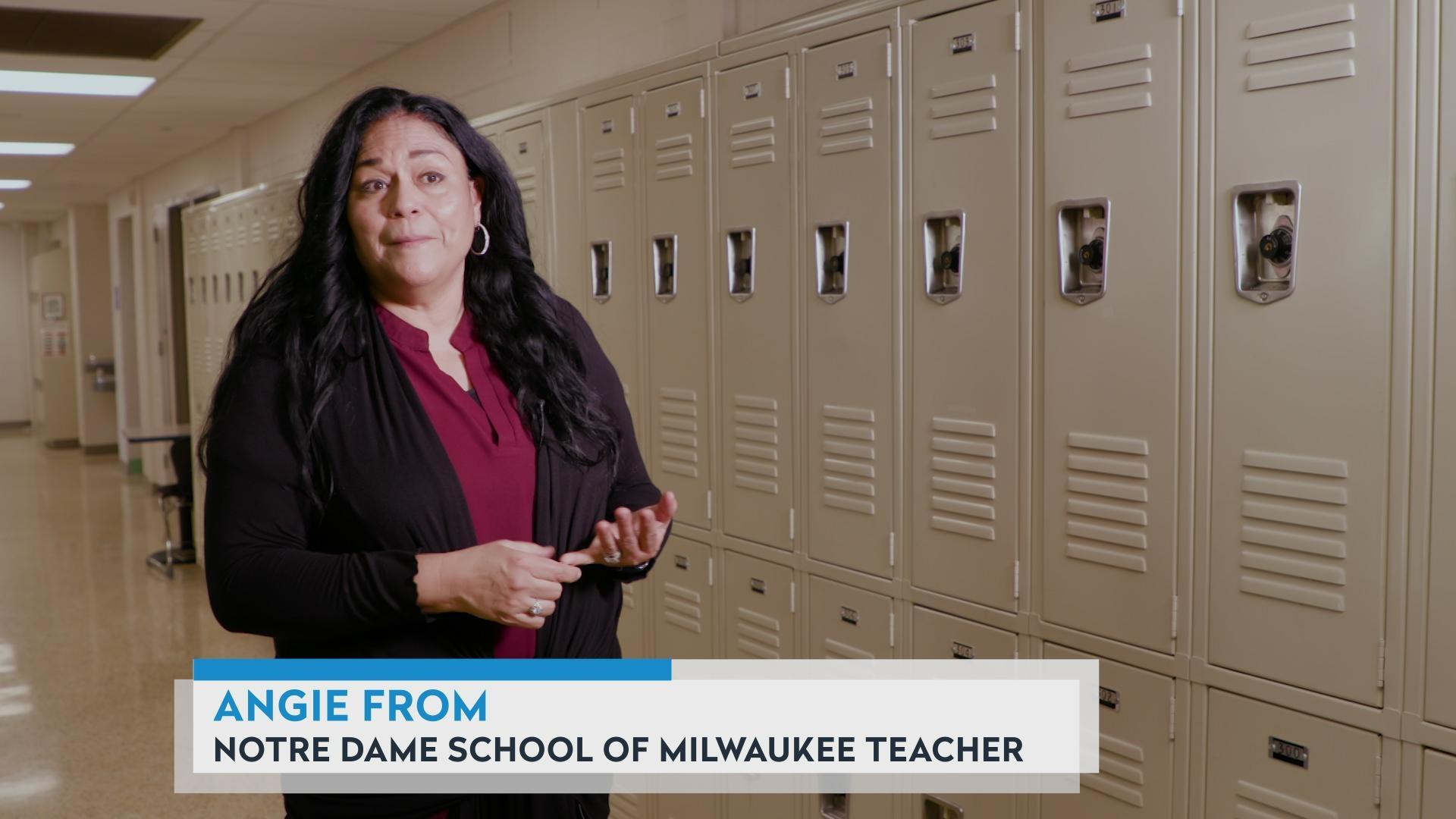
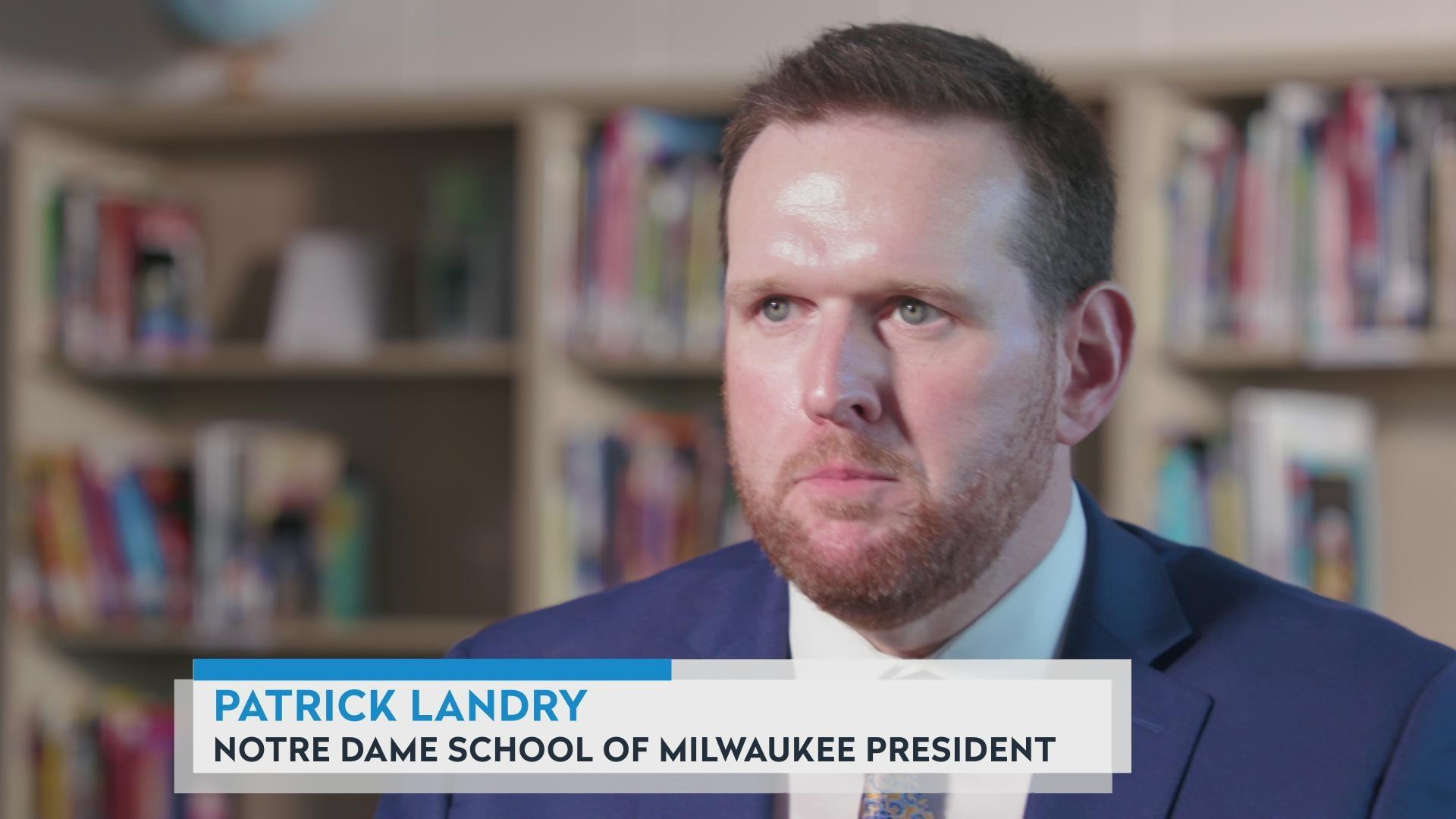
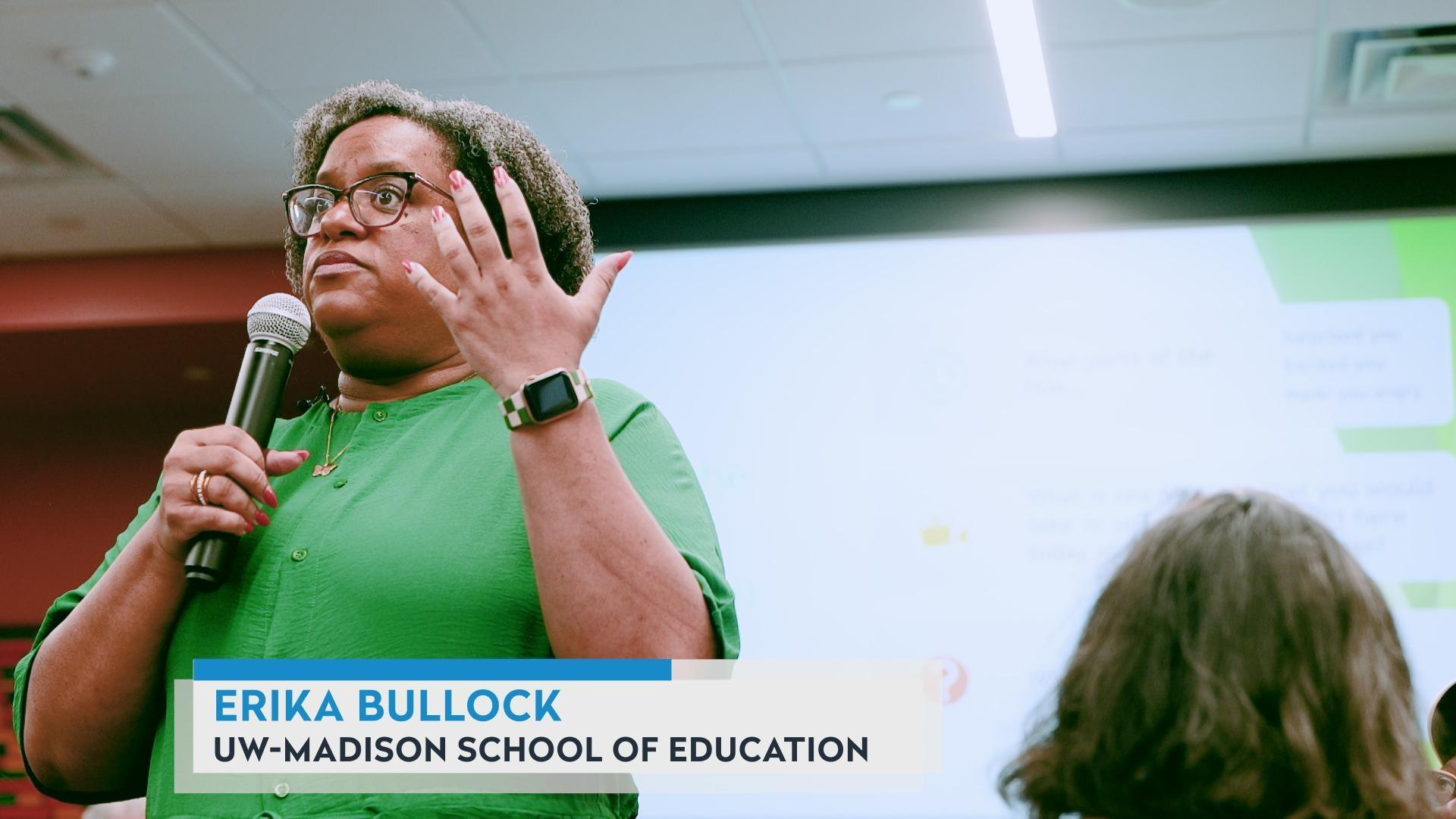
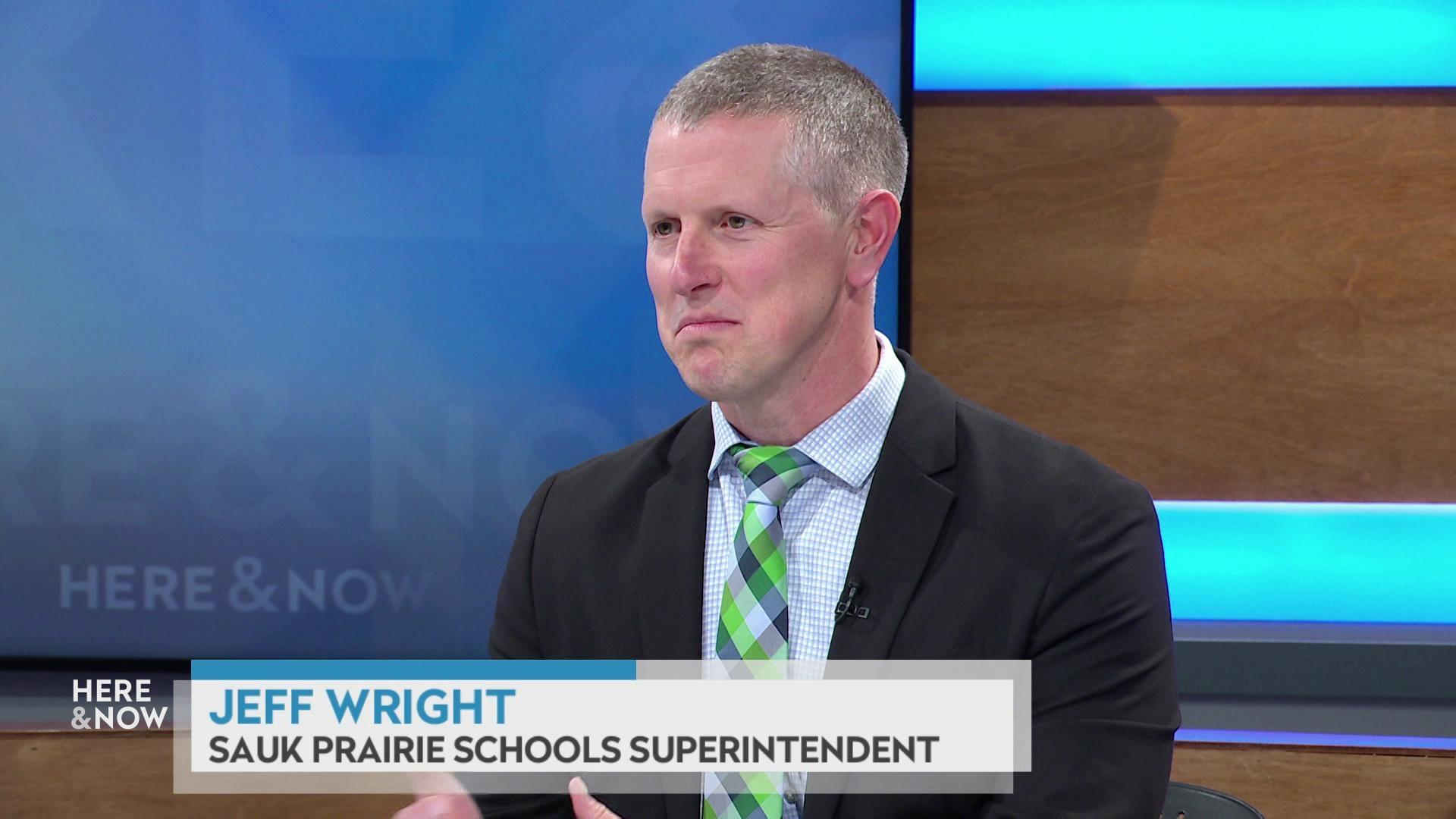

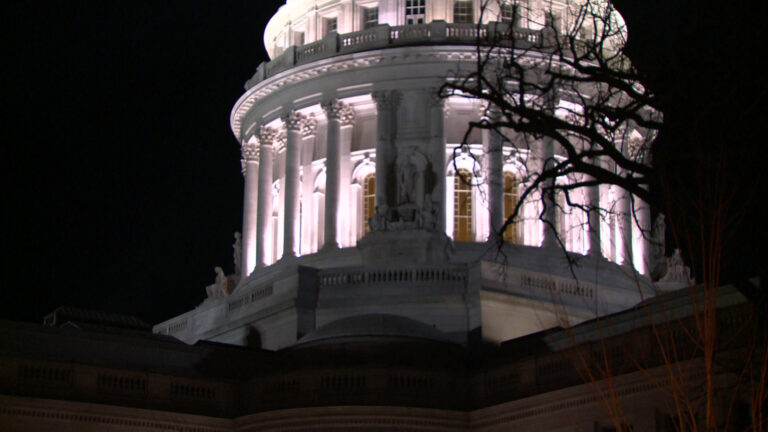

Follow Us